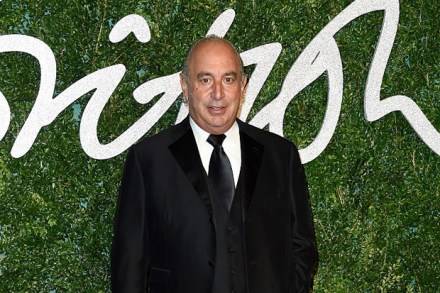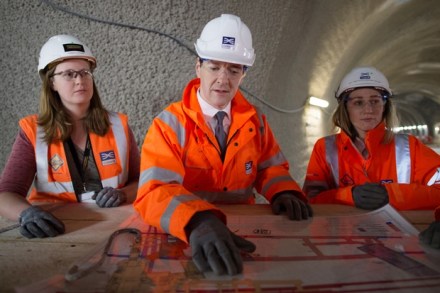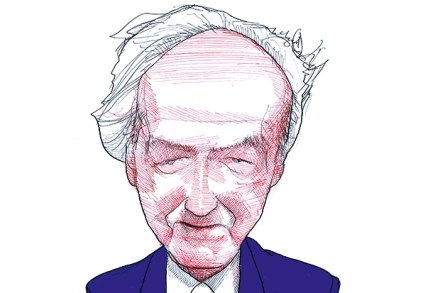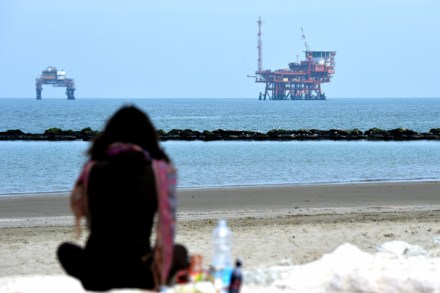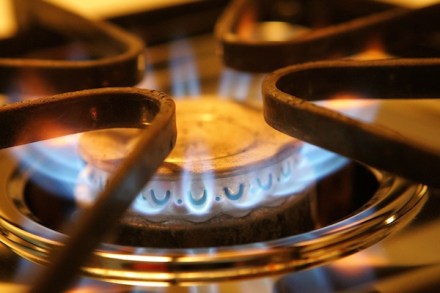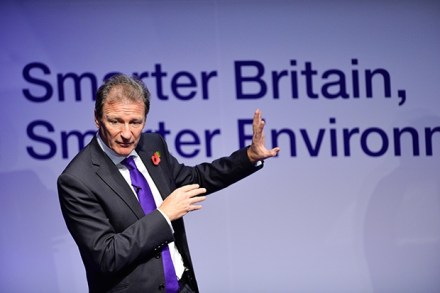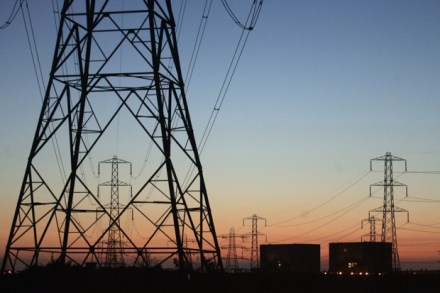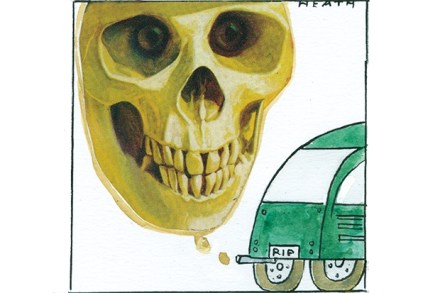Rough justice for Sir Shifty, but MPs have got him bang to rights
Not even your quixotic columnist is prepared to mount a full-on defence of Sir Philip Green this week, following the publication of the joint select committees’ report on the sale and collapse of BHS, and committee chairman Frank Field MP’s description of Green himself as ‘much worse’ than Robert Maxwell. What I would say, however, is that if you’re really interested in this story, read the actual report — rather than the knockabout précis of it in the Daily Mail, which has renamed Green ‘Sir Shifty’ — and form your own judgment, both of the extent of Green’s culpability in the loss of 11,000 BHS jobs and the devastation of
